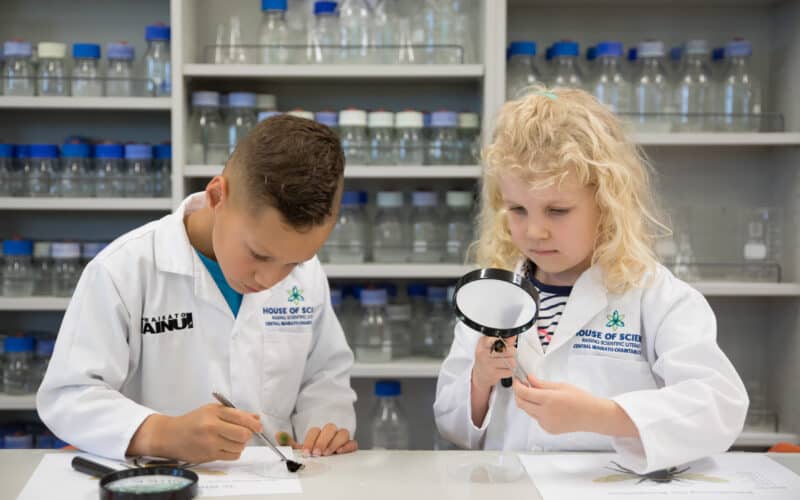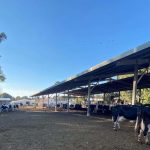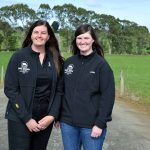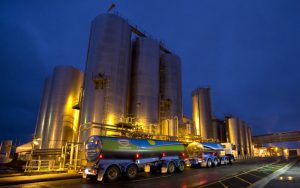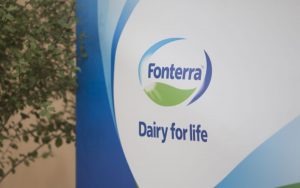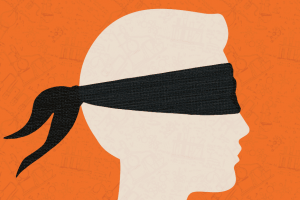
Forget hokey pokey and baking soda volcanoes – New Zealand’s rural kids are becoming immersed in science that has real-life applications for them and their families.
House of Science, a charitable trust founded by biochemist and science teacher Chris Duggan 10 years ago, provides schools with high-quality, bilingual science resources that empower primary and intermediate teachers to deliver engaging, hands-on science lessons in the classroom, with over 600 schools taking part in the initiative nationwide.
During her teaching career Duggan became concerned at the lack of science knowledge students had when arriving at high school. Following a 2013 ERO report that stated over 70% of NZ’s primary and intermediate schools lacked an effective science programme, she founded House of Science with the aim to increase science literacy for all primary and intermediate age children.
House of Science Central Waikato general manager Catherine Frericks says the resources are being used in rural schools in the region with a big impact.
“The science resource kits cover topics such as weather patterns, soil science, water health, pests, plant growth, milk production and other subjects that are relevant to rural life,” Frericks says.
“By giving students access to this sort of scientific information they are able to better understand the decisions their families and local community have to make to ensure future prosperity and environmental protection.”
House of Science Central Waikato, which is associated with the national office but run as an independent charitable trust, is based in Hamilton. The programme has seen exponential growth from its beginnings five years ago, with kits first going into schools in Term 3, 2018.
“We had four Waikato schools on board at the start, and by the end of 2022 we had 50,” Frericks says.
“Because most teachers don’t have a science background, they may not feel confident incorporating science into the classroom beyond a basic foundation. What House of Science aims to do is create a system where schools can borrow a science kit and empower teachers to do science in the classroom.”
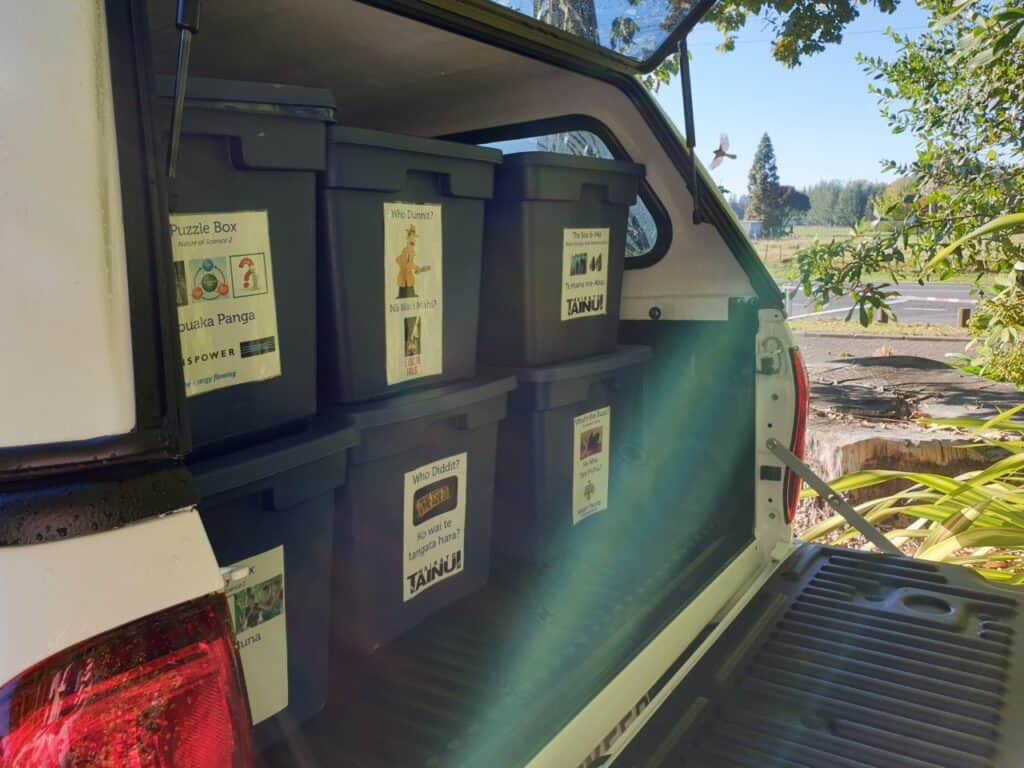
Each House of Science branch services approximately 100 schools, with schools joining through an annual membership subscription. There are four membership tiers, with schools choosing access to one, two, three or four resource kits per fortnight.
Kits are booked online, delivered to the school and picked up after use, to be cleaned and replenished for the next user.
Each kit contains a minimum of five hands-on experiments, including equipment and consumables, bilingual student instructions and a teacher’s manual.
The kits can be used in standalone science lessons, or as a foundation for other subjects such as mathematics or literacy. Schools can choose from around 38 kits, from traditional science topics such as Magnetic Madness and Mighty Microbes through to Soil Secrets, Water Analysis, Weather Ready and the very popular Moo to You, a kit that gives an overview of how the dairy industry uses science; activities in the kit include a classification activity, the chemistry of milk, dairying’s environmental impact and a grass-growing experiment that explains the importance of a varied diet for cows to ensure a healthy calf and milk.
“These topics are pertinent to helping rural students make decisions – even helping their parents make decisions – and understand the importance of a healthy ecosystem,” Frerick says.
“For rural people, these things are likely more than just a potential career – they are a way of life.”
Schools pay a small membership fee, but over 90% of the actual cost of the service is subsided by grants and sponsorship by local communities and businesses. It is also heavily reliant on volunteers to help deliver the service in the regions.
For Central Waikato, support from the local community and local businesses is critical to the success of the programme. Grants from local businesses such as Gallaghers, the TR Ellett Agricultural Research Trust and the Livestock Improvement Corporation mean the service can expand into more rural places such as Raglan and Te Kauwhata, reaching even more rural schools.
Until November 2022, the University of Waikato sponsored premises for Central Waikato House of Science where three staff and 50 volunteers worked to get the kits out to schools.
“We want to make sure rural schools are not missing out, as small schools have small student numbers and limited funding,” Frericks says.
“Our rural schools love having access to these kits and we are wanting to reach still more rural students. However, we are unable to do so without funding.”
She says children are naturally curious, and House of Science is about providing them with lessons where they are encouraged to learn by asking questions.
“We aren’t aiming to make everyone scientists, rather to help children understand science, how the world works and to ask questions and really retain that natural curiosity.
“We want to make sure that children have had adequate exposure to science before they enter high school.”
